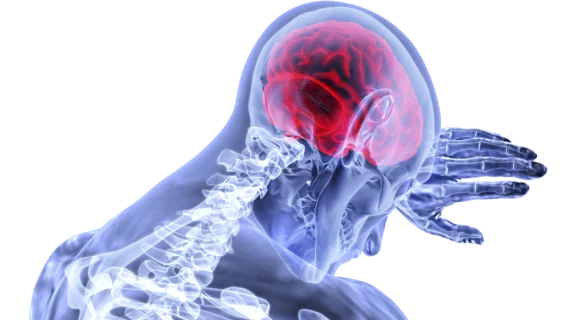Warfarin use boosts risk of hemorrhagic stroke among end-stage kidney patients with AFib
Warfarin use does not reduce the risk of stroke for end-stage renal disease (ESRD) patients with AFib, according to a new meta-analysis published in JAMA Network Open. It does, however, lead to an increased risk of hemorrhagic stroke.
The researchers hoped to find clarity on the topic after some prior studies had been “inconclusive.”
“Warfarin remains a commonly used anticoagulant in the setting of ESRD,” wrote first author Mandeep S. Randhawa, MD, division of cardiology at Michigan State University in Kalamazoo, and colleagues. “Several studies have investigated the effectiveness and outcomes of warfarin in preventing ischemic strokes in patients with ESRD and AFib; most have been either observational or retrospective, and very few have been prospective. Notably, to our knowledge, no randomized clinical trials have examined the role of anticoagulation in patients with ESRD and AFib, and periodically performed meta-analyses have provided inconsistent results.”
The meta-analysis included data from 15 studies covering more than 47,000 patients with both AFib and ESRD. All studies were published between Jan. 1, 2008, and Feb. 28, 2019, and they focused on four key outcomes: ischemic stroke, hemorrhagic stroke, bleeding and mortality.
Twenty-two percent of study participants received warfarin. More than 53% of those patients were male, and the mean follow-up period was 2.6 years. Overall, “no significant change” was detected for the risk of ischemic stroke. In fact, there was a “significantly higher risk” of hemorrhagic stroke. The risks of major bleeding was found to be insignificant, and there was “no change” in overall patient mortality.
“The evidence available regarding the use of warfarin for the prevention of ischemic stroke in patients with AF in the setting of ESRD is observational and conflicting, and data from randomized clinical trials not are available to date,” the authors wrote. “Available data show that warfarin use is not associated with any benefit in the prevention of ischemic stroke.”

